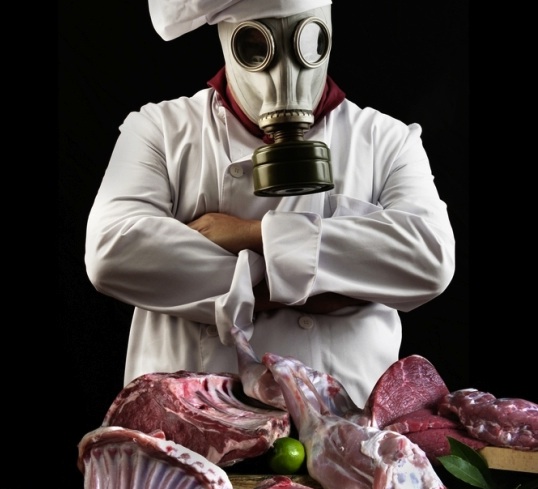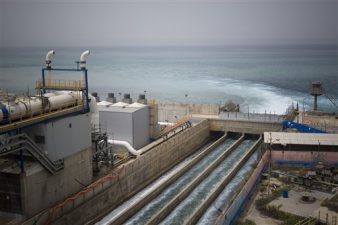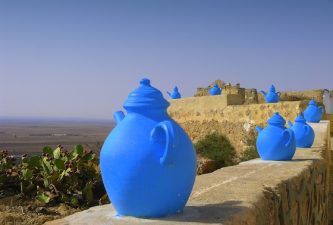Lebanon is suffering from a serious crisis of E. Coli and listeria contamination thanks to unhygienic conditions and polluted waterways.
Following the national uproar in Lebanon when large amounts of rotten meat and dairy were found at some of Beirut’s top restaurants and supermarkets, researchers at the American University of Beirut (AUB) carried out a study on levels of bacterial contamination in Lebanon’s meat and dairy products. The lead researcher and environmentalist Rabih Kamleh explains how the findings reveal worrying levels of harmful pathogenic microorganisms such as Salmonella , Listeria and Escherichia Coli in Lebanese food. As far as dangers go, cheese “smells” the worst.
In fact, the study indicates bacterial levels that are much higher than accepted standards set by the Food Standards Agency in the United Kingdom. For example, 66 percent of cheese samples in the study contained E. Coli and 26.6% of the cheese samples contained Listeria.
The second worrying discovery is that these pathogens are building resistance to the most frequently prescribed antibiotics .
AUB microbiologist Steve Harakeh published a study showing that 100% of fast food meat samples in Lebanon had bacteria resistant to the common antibiotics oxacilllin and clindamycin, and 42% were resistant to trimethroprim-sulfamethoxazole.
Another study (links to PDF) evaluated the presence of Yersinia enterocolitica in three dairy based foods which include Kishk, Shankleesh and Baladi cheese and tested their susceptibilities to commonly used antimicrobial agents such as chloramphenicol, trimethoprim/ sulfamethoxazole, gentamicin, ciprofloxacin , nalidixic acid, kanamycin and streptomycin.
The data showed surprising levels of resistance of Y. entercolitica – the antimicrobial resistance levels exceeded by far all the levels reported elsewhere.
One of the main reasons for this is unhygienic processing and storing practices with insufficient regulation . But Lebanon’s food supply is also highly contaminated due to heavy chemical and biological pollution in its water systems.
For example the Litani River, Lebanon’s longest river which is used to irrigate the Bekaa valley, is heavily polluted with sewage, household, medical, agricultural and industrial waste.
The smell and pollution have gotten so bad that many are being forced to pack up and leave. Riad Qaraawi, professor of microbiology in the faculty of medicine at the Lebanese University in the Bekaa, reports high levels of chemical and bacterial contamination in the river that spread to agricultural products.
His research also shows an increase in typhoid, hepatitis and nitrates in the bodies of those who live near the waterway. And these areas also have high cancer rates because of the carcinogen mercury which is building up at the bottom of the river and spreading to groundwater reserves.
Although several donor countries have been contributing part of the funds to construct water refineries and sewage treatment plants, several plants have not been completed.
The $150 million plan to build sewage and water refinement plans – which included the Environment Ministry, international organizations and the CDR – is 70 percent complete, but the project has not been concluded because the government has not yet contributed the share it pledged.
The result is a considerable number of half completed water treatment systems in Lebanon which disguise the fact that, in fact, several liters of untreated waste are being dumped directly into rivers and seas. Shockingly there is no law obliging companies to build their own plants to treat waste.
Water is at the base of any type of consumption or production process, especially for food supplies. If this source is highly contaminated Lebanon risks a severe public health hazard, as the food supply now becomes a potential vehicle for the transmission of many resistant bacterial pathogens .
Image of contaminated food from Shutterstock





I’m no expert (and not sure I want to be), but shouldn’t we in Israel be concerned about run off? Would love to know how this impacts neighboring countries in our small region of the world